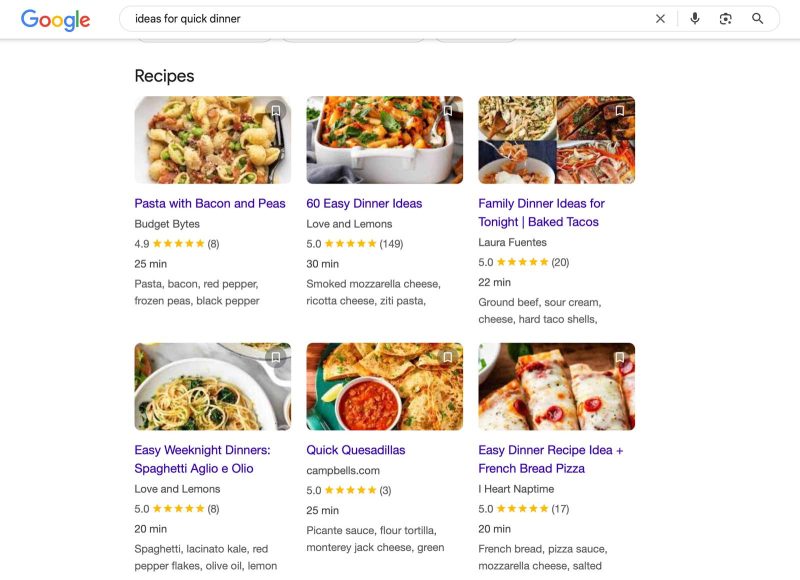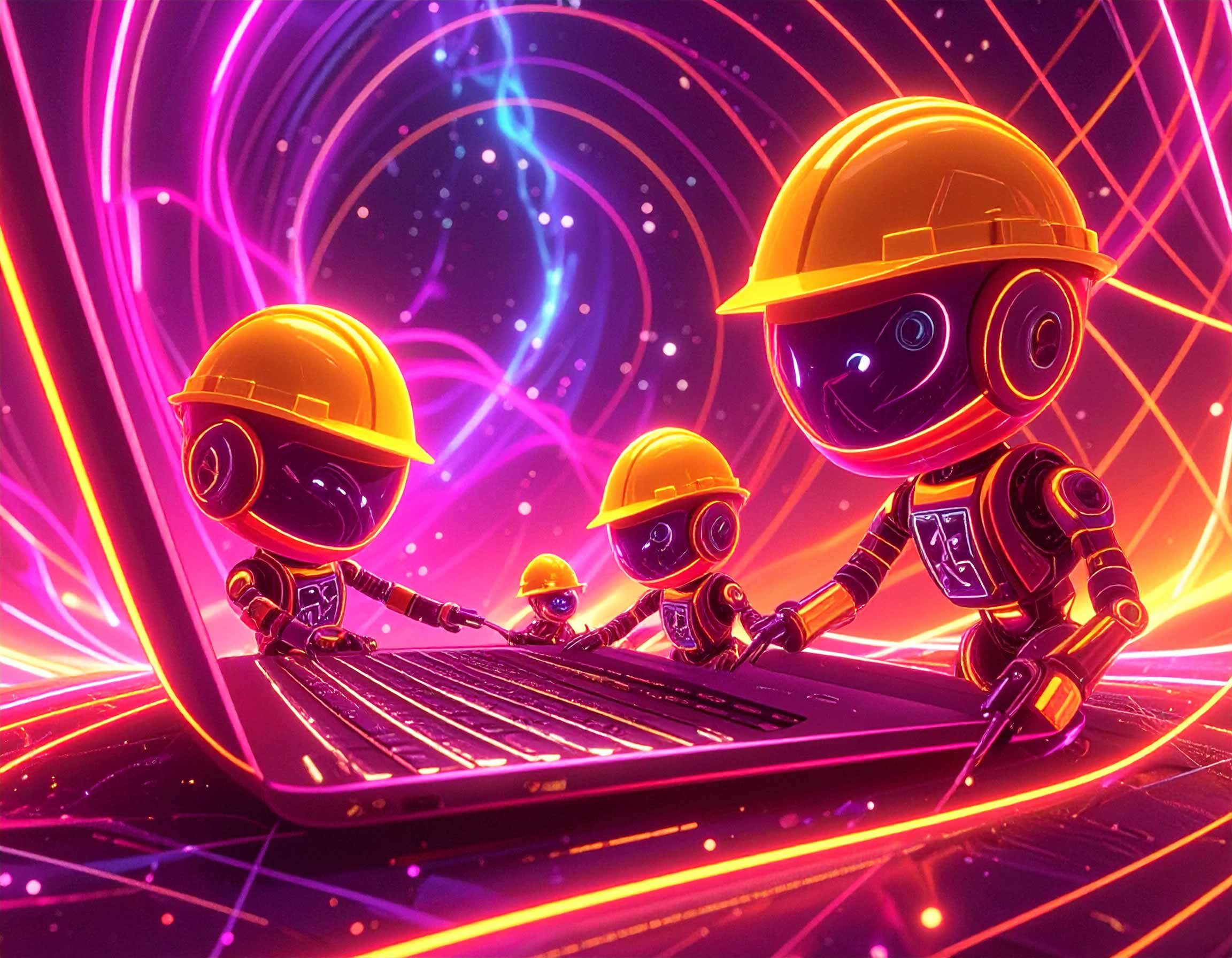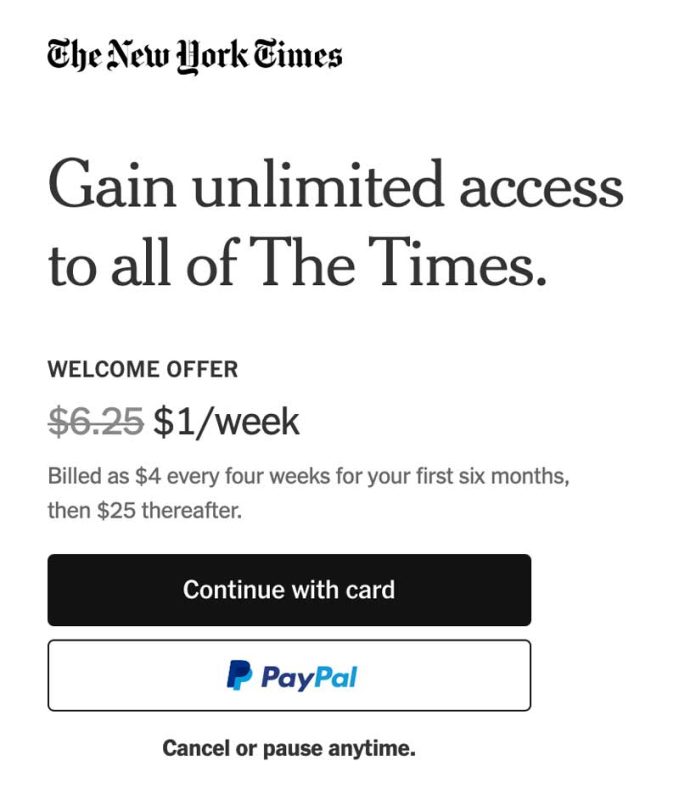From collapsing pageviews to answer engines, here’s how AI is disrupting content monetization and what comes next for publishers.
AI platforms like ChatGPT, Google Gemini, and Microsoft Copilot are changing how we use search engines, but more importantly, they’re changing what happens to content, traffic, and revenue.
 Picture this: you’re hungry and in a hurry. You type “quick dinner ideas” into your favorite search engine. The search result is a series of food photos and a wall of blue links. You click one, and before the recipe appears, you scroll through a saga about the author’s family memories, kitchen disasters, and life lessons learned from sautéing garlic. By the time you find the actual instructions, your 15-minute meal window is gone—and you’re making a PB&J.
Picture this: you’re hungry and in a hurry. You type “quick dinner ideas” into your favorite search engine. The search result is a series of food photos and a wall of blue links. You click one, and before the recipe appears, you scroll through a saga about the author’s family memories, kitchen disasters, and life lessons learned from sautéing garlic. By the time you find the actual instructions, your 15-minute meal window is gone—and you’re making a PB&J.
This isn’t an accident. That long-winded intro is a tactic: it’s designed to serve as many ads as possible before delivering value. We call it impression-baiting.
But the web content game is getting disrupted. With answers appearing directly in search results, users no longer need to click through to the original source. The traditional web model—where content fuels ad impressions, and ad impressions fund content—is breaking down.
For publishers, bloggers, marketers, and SEO professionals, this isn’t just a shift—it’s a shakeup. Here’s what the future looks like.
Fewer Pageviews, Fewer Ads
AI-powered search tools provide fast, direct answers, dramatically reducing the need for users to visit external websites. Where people once clicked on blog posts, news articles, and forums, they now get summaries or full answers directly on the search results page or inside a chatbot window. That means fewer impressions and less revenue for publishers relying on Google AdSense or programmatic ad platforms. As artificial intelligence streamlines the user journey, traditional web traffic is taking a direct hit.
Search Engines Are Becoming Answer Engines
Google Gemini and Bing’s Copilot are turning search engines into self-contained information hubs. Rather than pointing users to a list of organic search results, they now surface complete, AI-generated answers inline. This disintermediation reduces the need to click links, undermining the content ecosystem that search engines were built upon. In many cases, the information shown by these artificial intelligence tools is sourced from websites without clear attribution or compensation — raising concerns about content scraping and fair use.
 Publishers Are Fighting Back
Publishers Are Fighting Back
In response to the growing dominance of artificial intelligence content delivery, major publishers are exploring new strategies. Some are reinforcing their paywalls or switching to subscription-based models. Others are blocking AI crawlers using robots.txt directives or taking legal action. The New York Times has sued OpenAI for alleged unauthorized use of its content in model training. Meanwhile, platforms like Reddit and Stack Overflow have chosen to license their data, offering legal access to artificial intelligence developers in exchange for revenue. The open web is giving way to walled gardens and content contracts.
The Rise of AI-Native Advertising Models
As artificial intelligence disrupts traditional ad models, a new kind of monetization is emerging: native advertising embedded within AI-generated content. We’re entering an era of sponsored answers, brand integrations, and contextual promotions seamlessly woven into chatbot interactions. AI tools may begin recommending products with affiliate links or displaying branded content in response to user questions. This represents a shift from display ads and banner placements to subtle, conversational monetization that mirrors influencer marketing — but with machines as the messengers.
AI Presents a Growing Threat to Independent Creators
This transformation poses serious risks for independent bloggers, niche content creators, and small publishers. With search-driven traffic declining and ad revenue shrinking, many will need to find alternative channels to survive — such as email newsletters, Patreon-style memberships, or social media-based distribution. While large media organizations may have the resources to adapt, smaller voices risk being drowned out in an AI-dominated information economy where credit and compensation are often unclear.
The Bottom Line: The Web’s Ad Economy Is Shrinking … Then Shifting
We’re witnessing a contraction in the traditional web ad model, especially for low-quality, SEO-optimized content farms. But this isn’t the end of monetized content. Instead, monetization is shifting — from passive impressions to active, contextual trust-building.
Artificial intelligence won’t kill the web. But it is forcing a reboot of how value is created, captured, and shared online. The next phase of content strategy will belong to those who can evolve: creators who build trust, deliver utility, and adapt to the new shape of search.



 Publishers Are Fighting Back
Publishers Are Fighting Back


